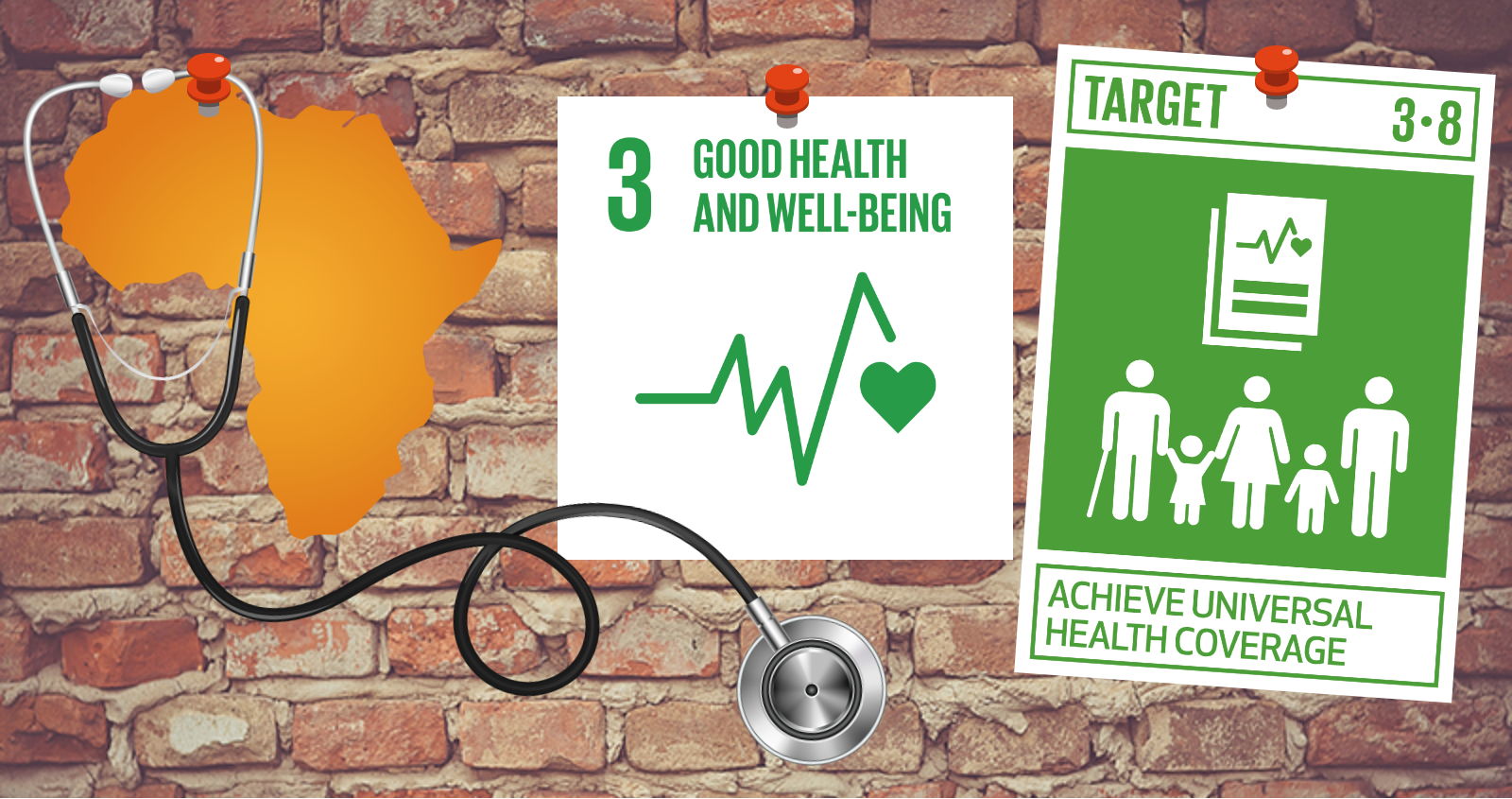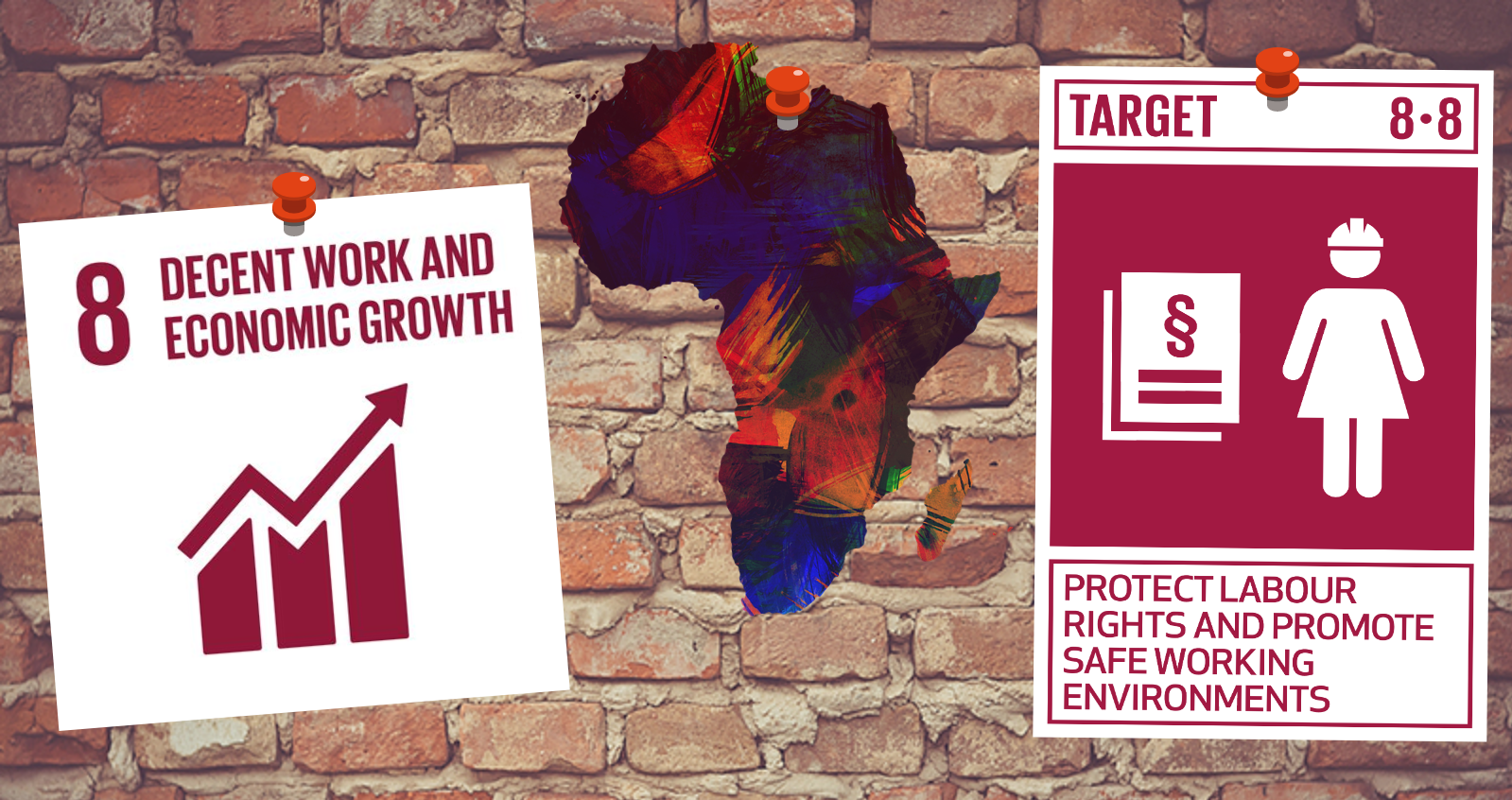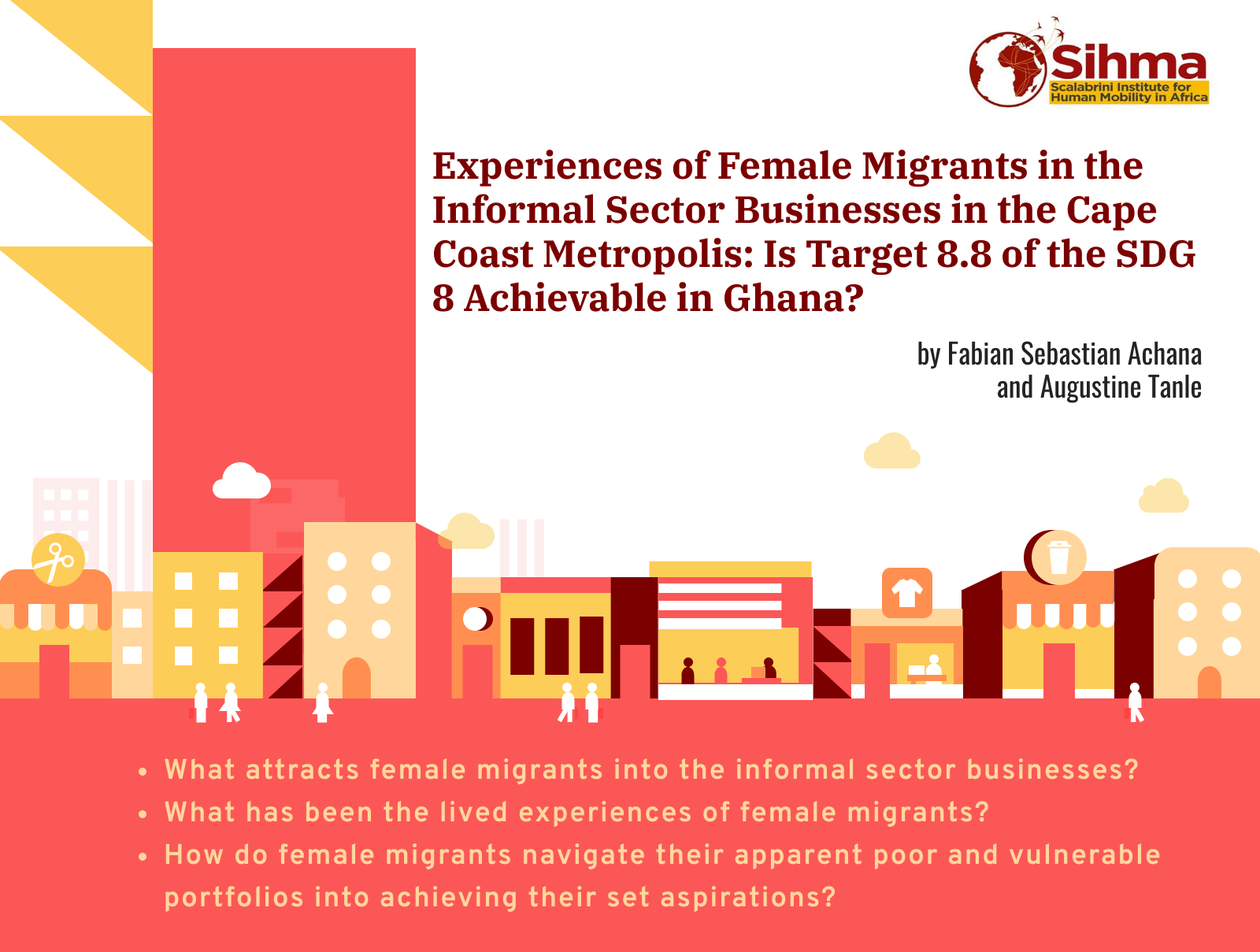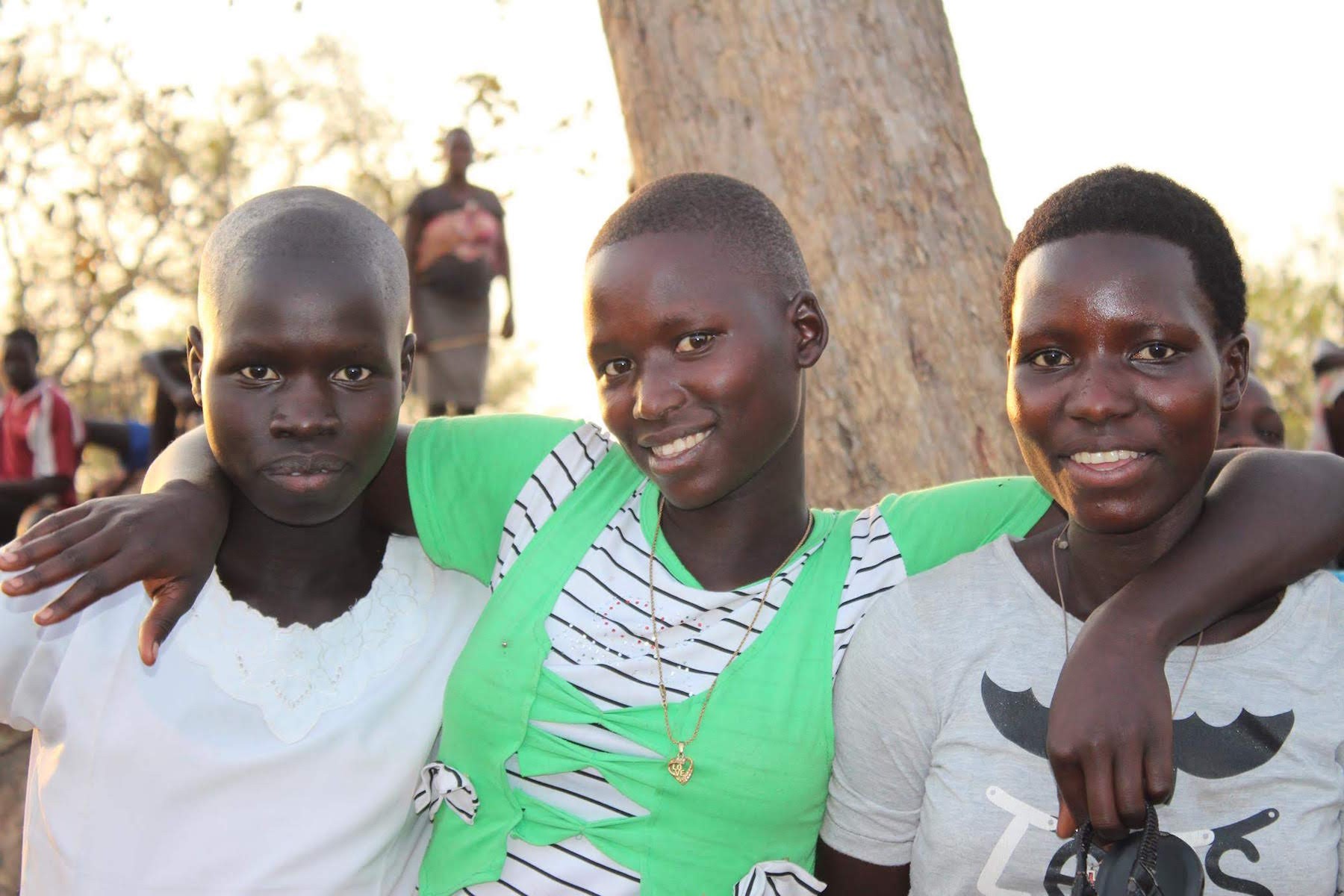Exclusion of migrant women | Access to health care
Continuing the Series on Migrant Women. In the first edition of SIHMA’s series on the exclusion of migrant women, we discussed the particular lack of access to the labour market and the exclusion of migrant women from labour-related policy making (1). This second article addresses the even more intimate issue that is physical and mental well-being and access to health services. Indeed reports, such as the 2018 World Health Organization (WHO) reports entitled...

The Exclusion of Migrant Women in Africa | Access to the Labour Market
About the blog series Studies show that intra African female migration is a growing phenomenon in recent years as more and more women migrate (1). For instance, since 1994, South Africa has received an influx of migrant women from various parts of Sub-Saharan Africa (2) and the proportion of female migrants in Sub-Saharan African has risen from 46.4 in 2005 to 47.5% in 2019 (3). Migrant women represent a particularly disadvantaged group: gender, ethnicity and racial discrimination...

Female Migrants in the Informal Sector (Ghana)
Of the 272 million migrants worldwide, 47.9% of them are females (1). Most are workers in the informal business sector, and oftentimes face different challenges than their male counterparts (2). Published in the most recent African Human Mobility Review, Fabian Sebastian Achana and Augustine Tanle of the University of Cape Coast, Ghana, document the circumstances, motivations, lived experiences, and future aspirations of female migrants engaged in informal sector businesses in...

Female Migrants and Refugees Leaving a Positive Mark within their Communities
Over the past 60 years, there has been an increase in the number of females migrants migrating for work, education, and as the heads of the households (1). Currently, 47.9%, around 130 million of the international migrant stock are females (1). In Africa, 48% of migrants are females, with male migrants experiencing more growth in the recent years. Many news stories have warned about the possibilities of female migrants facing stronger discrimination, often having to face double discrimination...

